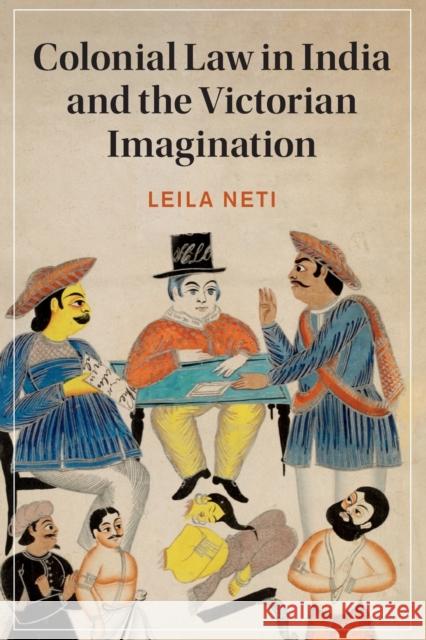Colonial Law in India and the Victorian Imagination » książka
topmenu
Colonial Law in India and the Victorian Imagination
ISBN-13: 9781108942355 / Miękka / 2023 / 313 str.
Colonial Law in India and the Victorian Imagination
ISBN-13: 9781108942355 / Miękka / 2023 / 313 str.
cena 112,97
(netto: 107,59 VAT: 5%)
Najniższa cena z 30 dni: 111,45
(netto: 107,59 VAT: 5%)
Najniższa cena z 30 dni: 111,45
Termin realizacji zamówienia:
ok. 22 dni roboczych.
ok. 22 dni roboczych.
Darmowa dostawa!
Examines the shared cultural genealogy of popular Victorian novels and judicial opinions of the Privy Council.











